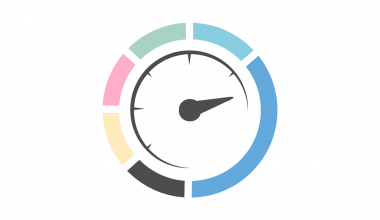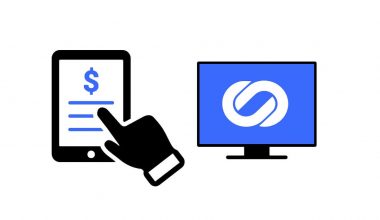It has been only two years since the US Senate decided to vote in favor of Internet Service Providers (ISPs) being able to sell their customers’ personal information to anyone they want, without even needing consent first. The bill came suddenly, and it caught a lot of Americans off-guard.
Everyone was worried about the potential implications of this, which is why many stood up in opposition to it, including journalists, privacy supporters, and even some of the ISPs. However, larger, data-hungry corporations like AT&T, Verizon, and Comcast simply had deeper pockets. They won the rights to sell data, which made their users quite concerned about their safety.
Many other ISPs promised that they would never sell their customers’ data in order to attract new customers and keep the old users, although it remains questionable whether or not this is true. The fact is that they don’t need customer approval to do this so that they could be doing it secretly.
For a time, there was hope that the Federal Communications Commission (FCC) might prevent this. But, all such hopes went away when President Trump snatched the responsibility of internet privacy from the Commission. Many took this as proof that the Commission actually has the users’ interests at heart, but it hardly mattered after they lost their influence.
The US states fight back
Two years have past since then, as mentioned, and now, something appears to be changing. The event in question happened a few months ago, when the lawmakers of Maine passed a bill that prevents ISPs from selling users’ personal data without consent. The bill’s name is ‘Act to Protect the Privacy of Online Customer Information,’ and it pretty much forces the ISPs to receive users’ permission before selling their data to third parties.
Now, Maine is only one state, and a rather small one, at that. With that in mind, people might be wondering why is this such a big deal? Well, it is, because it indicates that US citizens value their privacy, and that there are some officials who are just as concerned and willing to make a change. As for the rest of the US population, one study discovered that 74% of Americans believe that it is very important to them that they remain in control of their data.
Meanwhile, as much as 61% admitted that they would like to do more to secure their online privacy. While the US states appear to be making their moves to improve their privacy and bypass the federal law with the local ones — such as what Maine did recently, or what happened in California in 2018 — the majority of US citizens are still endangered.
This is why we propose an alternative solution until the authorities find a way to change the current law and make it more privacy friendly. Our recommendation is to simply take your privacy into your own hands by using a VPN.
What is a VPN and how can it help?
VPNs, or Virtual Private Networks, are online privacy and anonymity apps, provided to you by various services that have developed them.
To address the top concern of US citizens right at the start — yes, VPNs are legal in the US, as well as in the majority of the countries around the world.
Basically, VPNs are privacy and security-oriented technology, and while it doesn’t seem like that right now, you still have the right to keep your privacy in the US. However, the country apparently doesn’t plan to assist you in doing so, which is why US citizens have to find their own way of achieving privacy.
VPNs are the best way of doing that. They use a combination of security features and technologies, such as encryption, security protocols, leak protections, private server networks, and alike. With these features, they can make your data unreadable to anyone who tries to monitor it, and hide it by forcing it to flow through a secure tunnel instead of being out in the open.
Prevent your ISP from getting your data
However, the most important thing about VPNs, in this case, is that all the data regarding your online traffic gets stored on the VPN-owned servers, and then deleted (if you use a good VPN). That means that none of it reaches your ISP, but instead, you get to keep your privacy, and no one knows what you do online apart from you.
Of course, you need to ensure that the VPN you are using is actually a service that would respect your privacy and delete your data once your session is done. Services like RitaVPN feature a no-logging policy, which is a confirmation that your data won’t be recorded and used or sold to third parties, so definitely use a VPN that does that.
Unfortunately, this also means that you will only have to use premium VPNs, as most free ones will either store your data to sell it, or simply be malicious and actually infect you instead of helping you out. There are a few legitimate free VPNs, but those have grown so popular and so filled with users that their speeds are terrible these days, and even browsing the internet through them is a serious difficulty.
What else can you do with a VPN?
With premium VPNs like RitaVPN, you can enjoy high speeds that let you stream content, play online games, bypass geo-restrictions and censorship, and connect to distant servers to hide your real IP address and replace it with one owned by the VPN. And, as mentioned, as soon as you are done browsing, all of your information gets deleted from the VPN server.
That way, no one can access it — not your ISP, not the government, and not even the VPN service itself. It is the best solution that available until the privacy laws change. And, even then, using a VPN would come with benefits such as the ability to unlock the free internet, so switching over to a good VPN service is really something that is always recommendable to everyone.
So, don’t let your internet provider steal your data and sell it to make even more money off of you — protect yourself and take control right now.






